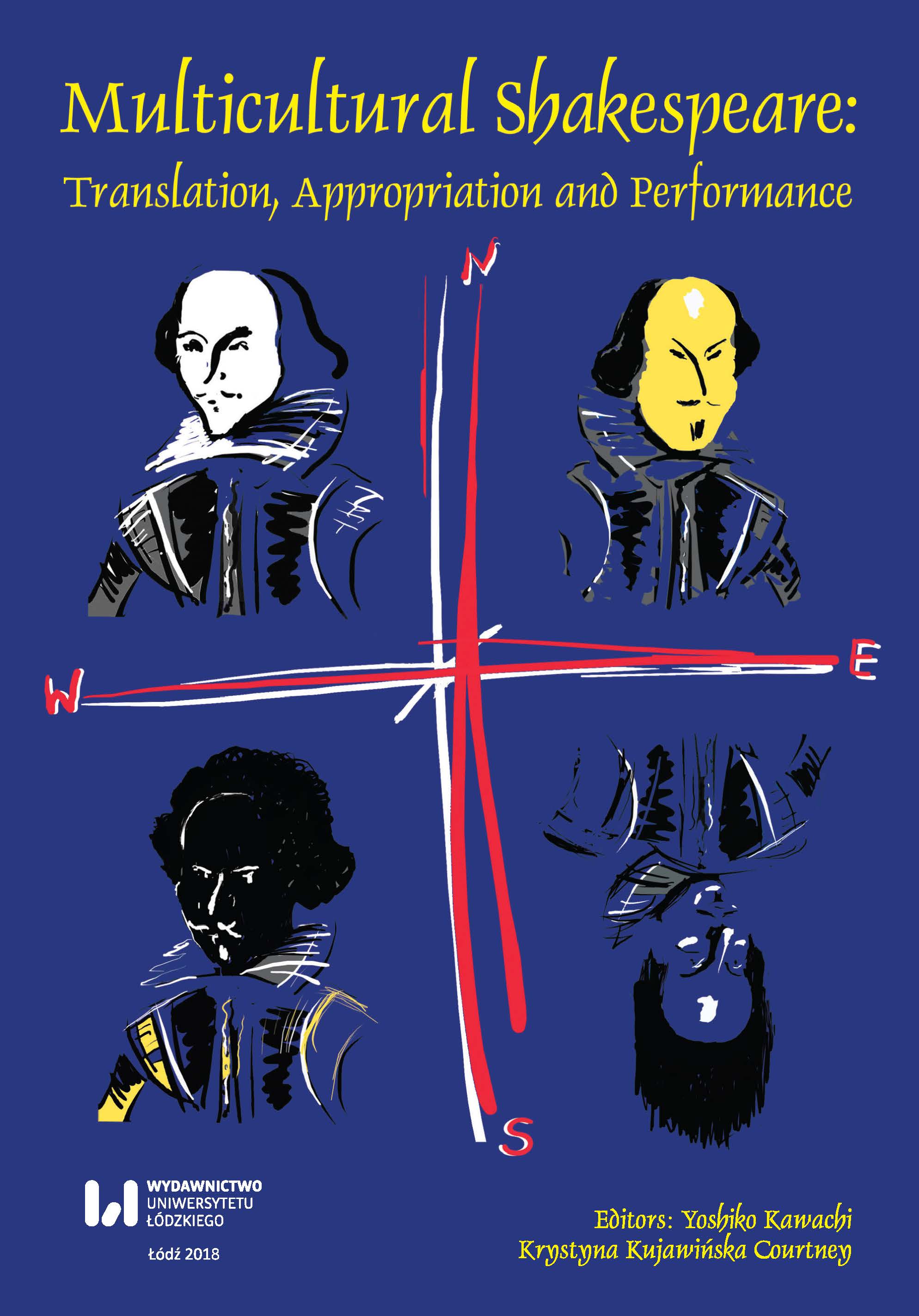What bloody film is this? "Macbeth" for our time
DOI:
https://doi.org/10.18778/2083-8530.18.08Keywords:
Shakespeare, Macbeth, Polanski, Kurzel, mise-en-scène, children, politics, location, conflict, Brexit, ISISAbstract
When Roman Polanski’s Macbeth hit the screens in 1971, its bloody imagery, pessimism, violence and nudity were often perceived as excessive or at least highly controversial. While the film was initially analysed mostly in relation to Polanski’s personal life, his past as a WWII child survivor and the husband of the murdered pregnant wife, Sharon Tate, in retrospect its bleak imagery speaks not only for his unique personal experience but also serves as a powerful comment on the American malaise, fears and paranoia that were triggered, amongst other things, by the brutal act of the Manson Family. We had to wait forty four years for another mainstream adaptation of the play and it is tempting not only to compare Kurzel’s Macbeth to its predecessor in terms of how more accepting we have become of graphic depictions of violence on screen but also to ask a more fundamental question: if in future years we were to historicise the new version, what would it tell us about the present moment? The paper proposes that despite its medieval setting and Scottish scenery, the film’s visual code seems to transgress any specific time or place. Imbued in mist, its location becomes more fluid and evocative of any barren and sterile landscape that we have come to associate with war. Seen against a larger backdrop of the current political climate with its growing nationalism and radicalism spanning from the Middle East, through Europe to the US, Kurzel’s Macbeth with its numerous bold textual interventions and powerful mise-en-scène offers a valid response to the current political crisis. His ultra brutal imagery and the portrayal of children echo Polanski’s final assertion of perpetuating violence, only this time, tragically and more pessimistically, with children as not only the victims of war but also its active players.
Downloads
References
Barnes, Todd Landon. “Shakespeare in 2016.” Public Books. 1 May 2016. 10 January 2018. .
Google Scholar
Bradshaw, Peter, “Macbeth review: Fassbender and Cotillard Full of Sound and Fury in Significant Shakespeare Adaptation.” The Guardian. 23 May 2015. 10 January 2018. .
Google Scholar
Butler, Judith. Precarious Life. London & New York: Verso, 2004.
Google Scholar
Butler, Judith. Frames of War. London & New York: Verso, 2009.
Google Scholar
Dargis, Manhola. “Review: ‘Macbeth,’ Starring Michael Fassbender, Awash in Gorgeous Carnage.” The New York Times. 3 December 2015. 10 January 2018. .
Google Scholar
Hansen, Claire. “Review: Justin Kurzel’s Macbeth.” Shakespeare Reloaded. 11 December 2015. 10 January 2018. .
Google Scholar
Kaaber, Lars. Murdering Ministers. A Close Look at Shakespeare’s Macbeth in Text, Context and Performance. Cambridge: Cambridge Scholars Publishing, 2016.
Google Scholar
Lake, Anthony. “What Future for the Children of Syria?” 1 March 2015. UNICEF. 10 January 2018. .
Google Scholar
Lambie, Ryan. “Justin Kurzel Interview: Macbeth, Breaking Bad and Snowtown.” Den of Geek! 28 September 2015. 10 January 2018. .
Google Scholar
Lane, Anthony. “‘Toil and Trouble. ‘Macbeth’ and ‘Youth.” The New Yorker. 7 December 2015. 10 January 2018. .
Google Scholar
Macbeth. Justin Kurzel. DVD. STUDIOCANAL/Best Film, 2015.
Google Scholar
Macbeth. Justin Kurzel. See-Saw Films, 2015.
Google Scholar
Macbeth. Roman Polanski. Columbia Pictures, Playboy Productions, 1971.
Google Scholar
Sontag, Susan. Regarding The Pain of Others. New York: Picador, 2003.
Google Scholar
“The Innocent Casualties of Civil War: 320 Dies in Syria Massacre.” 22 August 2012.
Google Scholar
The Mirror. 10 January 2018. .
Google Scholar
Williams, Deanne. “Mick Jagger Macbeth.” Shakespeare Survey 57 (2004): 145-58.
Google Scholar
Downloads
Published
How to Cite
Issue
Section
License

This work is licensed under a Creative Commons Attribution-NonCommercial-NoDerivatives 4.0 International License.












